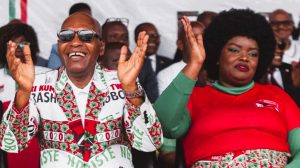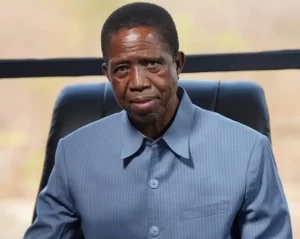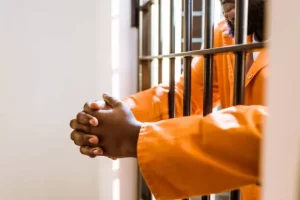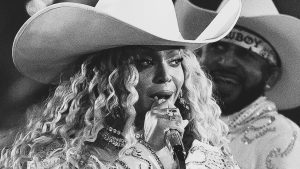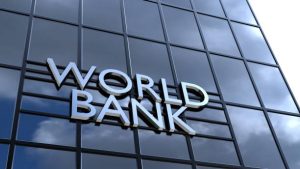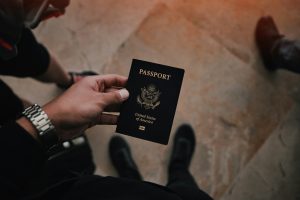DRC authorities ban media reporting on ex-president Kabila, party
3 min read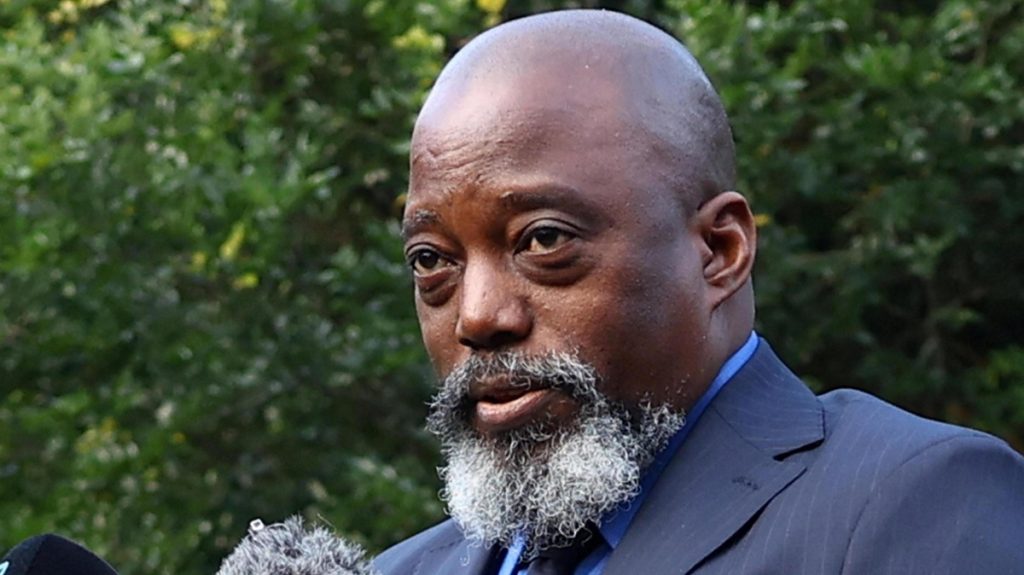
DRC bans all media coverage of ex-president Joseph Kabila amid treason investigation and rising political tensions.
Congo Bans Media Coverage of Former President Kabila Amid Treason Probe
Authorities in the Democratic Republic of Congo (DRC) have issued a sweeping ban on all media coverage of former President Joseph Kabila and his political party, the People’s Party for Reconstruction and Democracy (PPRD). The move has sparked widespread concern over press freedom, as the ban applies across all print, broadcast, and digital media platforms nationwide.
Christian Bosembe, head of the Higher Council for Audiovisual and Communication (CSAC)—Congo’s main media and communications regulator—confirmed the decision earlier this week. He stated that any violations of the directive would result in immediate suspension of the offending outlets.
Bosembe defended the ban as a necessary step in line with a broader government embargo targeting all activities of the PPRD. The party, once dominant under Kabila’s nearly two-decade rule, is now under heavy scrutiny amid serious national security allegations.
Congolese authorities have accused Kabila of backing the M23 rebel group, a militia with alleged ties to neighboring Rwanda. The M23 has been responsible for occupying large portions of North Kivu and South Kivu—two provinces in eastern Congo that have long suffered from cycles of armed conflict. Officials say Kabila is providing support to the group in a bid to destabilize the country and undermine the current administration of President Félix Tshisekedi.
Kabila, who served as president from 2001 to 2019, made headlines last week after making a rare public appearance in Goma, the capital of North Kivu—one of the provinces currently under M23 control. His visit intensified suspicions, though Kabila has publicly denied any links to the rebel group or any subversive activity.
“These allegations are baseless and politically motivated,” a spokesperson for the former president said. “Joseph Kabila is committed to peace and national unity, not conflict.”
Despite his denial, the legal pressure on Kabila is mounting. In May, Congo’s upper house of parliament voted to lift the former president’s legal immunity, clearing a path for criminal prosecution. This marks a historic moment, as it is rare for a former head of state in the region to be exposed to such legal vulnerability.
Justice Minister Constant Mutamba confirmed that Kabila is currently under investigation for a series of grave charges. These include treason, war crimes, crimes against humanity, and participating in an insurrectional movement in eastern Congo. If the accusations hold, Kabila could face prosecution in domestic courts or even before international tribunals.
The DRC government has not yet disclosed evidence supporting the charges, but Minister Mutamba emphasized the seriousness of the investigation. “We have credible intelligence and testimonies that demand a thorough judicial process. This is not a political witch hunt—it is about justice and national security,” he said.
The media blackout comes at a time of increasing tension in the country, especially as it prepares for local and national elections. Human rights groups have expressed alarm over the move, calling it a blatant attempt to suppress public discourse and freedom of the press.
“This ban sets a dangerous precedent,” said a representative from Reporters Without Borders. “No matter how sensitive the political context, silencing the press is not the answer. The Congolese people have the right to be informed.”
Meanwhile, Kabila has indicated he still wishes to play a role in national reconciliation efforts. “I am not seeking power or revenge,” he stated in a previous interview. “I want to contribute to peace and help resolve the crises facing our nation.”
As Congo’s legal and political institutions continue to grapple with the implications of Kabila’s case, questions remain about the future of the opposition, the independence of the media, and the country’s democratic trajectory.


